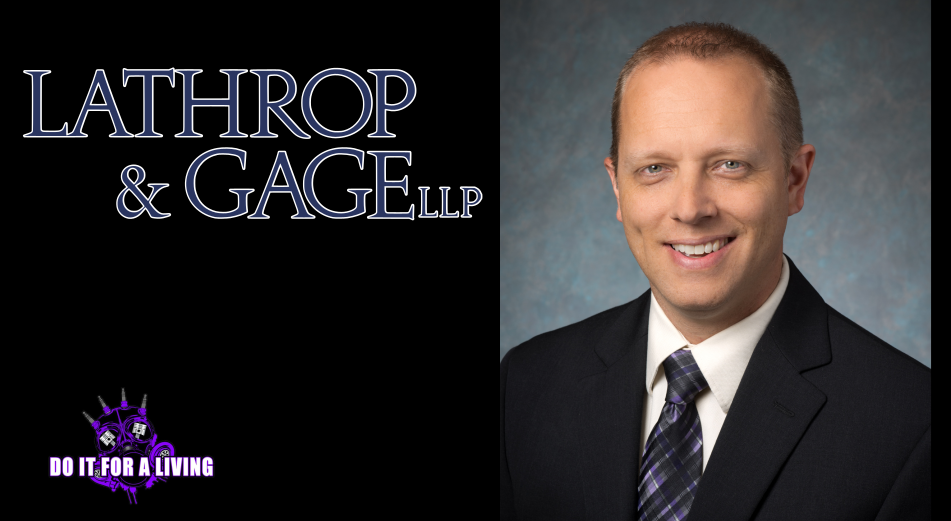Brian Mack initially had aspirations of becoming an astronaut and got his Aerospace Engineering degree in college. After college, he took a job at Pratt & Whitney where he got to work on the F-35 Joint Strike Fighter. He went on to work for a company designing replacement parts for gas turbine engines for power plants. But, within a year, the company was sued by GE for patent infringement. This was Brian’s first experience with patent law and got to see the mix of engineering, science, and law together. From this, he decided to move and pursue his law degree. He has worked with software companies, energy companies engineering firms, and one of the Big Three auto manufactures on patent work.
Lathrop & Gage has a long history of providing counsel for all sorts of legal matters. This podcast covers the specifics of patent law and we will be featuring more podcasts that cover other areas pertaining to the aftermarket automotive industry.
There are two main types of patents: design patent and a utility patent. The design patent just covers the design of the product where the utility patent protects the structure and how it functions. Design patents are more common for things like tail lights, head lights, or something with a more unique shape to it. The utility patent covers the functionality of that headlight, such as turning on at a specific outside brightness. If you make a slight modification to the original design, you may be able to avoid infringing on the design patent.
For intellectual property, there are four main areas. First is the patent that pertains to a specific product. Second is copyrights, which covers an original publication, such as an owner’s manual, and website. Third is trademarks which covers business branding such as your logo and slogan used for marketing. And fourth is trade secrets such as a business secret (client list or supplier list).
By getting a patent, you have the ability to exclude others from making the patented product in the market. And it also gives you the right to sue them for infringement. The provisional patent application can be much cheaper and quicker to file because it is much less formal and is not examined by the Patent Office. The non-provisional patent application, which is examined, and may result in a patent can be more expensive and may take several years to get through the system.
If you are thinking of manufacturing this product overseas (or are worried about it being knocked off), you should consider filing for a patent in that country. You can also file for a PCT Application (Patent Cooperation Treaty) to help protect you while you decide in which countries to file for the full patent.
Contact Information:
Website – www.lathropgage.com
Phone – 913-451-5100


Llewellyn Benn
Very professional services the staff members are great in explaining every detail and super friendly